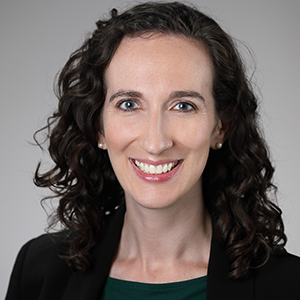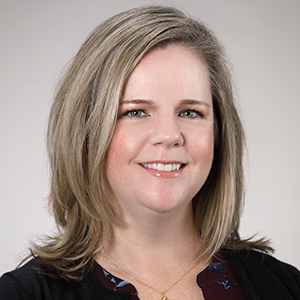Metabolism, Infection and Immunity (MINI) Study
The Metabolism, Infection and Immunity (MINI) Study is a longitudinal natural history study at the National Institutes of Health (NIH) that aims to define the relationship between infection, immunity and clinical decline in individuals with mitochondrial disease. Mitochondrial diseases are a group of disorders caused by problems with the cell’s ability to produce energy. Infection in individuals with mitochondrial disease can lead to worsening clinical symptoms, particularly neurologic symptoms.
Understanding why people with mitochondrial disease decline during infection is the first critical step to improving their well-being.

Peter McGuire, M.D.
Principal Investigator
Contact

- Investigator
- Metabolic Medicine Branch

- Staff Clinician
- Metabolic Medicine Branch

- Research Nurse Specialist
- Metabolism, Infection and Immunity Section
Last updated: January 14, 2021
